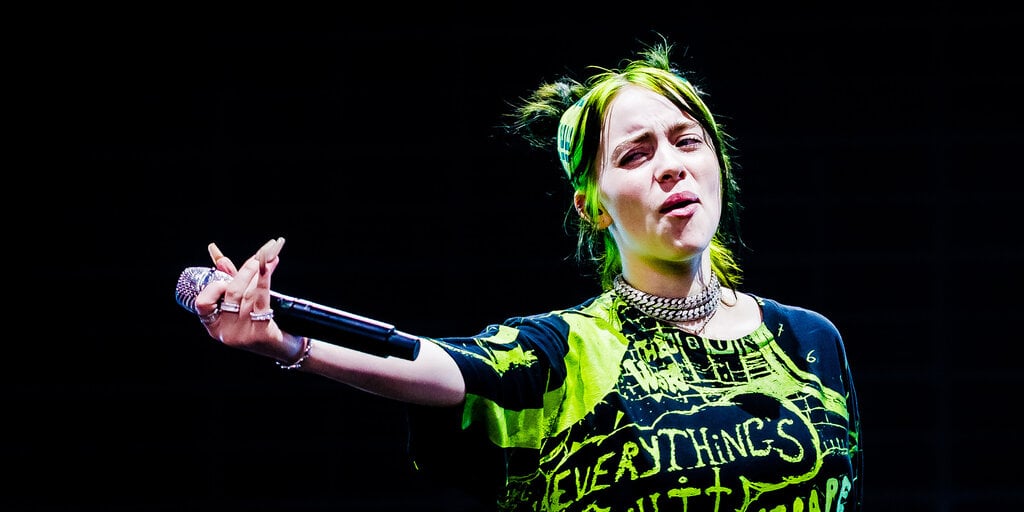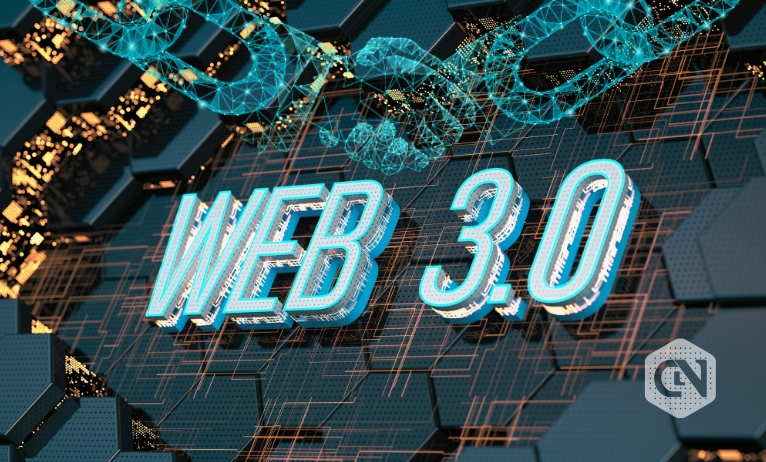Artists’ Rights Alliance Advocates Against AI Devaluing Music
Recently, hundreds of musicians and songwriters have united under the banner of the Artist Rights Alliance to address what they perceive as a significant issue within the music industry: the devaluation of artists’ work through the use of artificial intelligence (AI). The Alliance has penned an open letter, imploring AI developers, technology companies, and digital music services to refrain from creating or utilizing AI music-generation technology that undermines or replaces the human creativity of artists and songwriters, or denies them fair compensation for their contributions.
Renowned artists including Billie Eilish, Katy Perry, Nicki Minaj, Pearl Jam, Jon Bon Jovi, and many others, some of whom are iconic figures across multiple generations, have pledged their support to this cause. Even the estates of legendary musicians such as Bob Marley and Frank Sinatra have joined the movement in order to combat what they refer to as “irresponsible” AI practices that hinder creativity and jeopardize the livelihoods of artists, songwriters, and musicians.
While acknowledging the vast potential of AI in fostering human creativity and enhancing music experiences for fans worldwide when wielded responsibly, the Alliance remains steadfast in their stance against AI technology that threatens to erode the value of artists’ work and deprive them of fair compensation. The group emphasizes the need to prevent the predatory use of AI to appropriate artists’ voices, infringe upon creators’ rights, and disrupt the music industry at large.
Concerns within the Industry
The looming specter of AI replacing human input in artistic endeavors has sparked unease among industry professionals. A notable incident involving the surviving members of The Beatles utilizing AI to release a new song, as well as the broader adoption of AI technology by entities like Guns N’ Roses, has raised questions about the impact of AI on the creative landscape.
Last year, Hollywood faced a standstill due to strikes initiated by the Writers Guild of America (WGA) and the Screen Actors Guild-American Federation of Television and Radio Artists (SAG-AFTRA), with concerns over AI implementation forming a crucial component of their negotiations with the Alliance of Motion Picture and Television Producers (AMPTP).
Ed Newton-Rex, a former vice president at Stability AI, made headlines when he publicly resigned from the company over its utilization of copyrighted material under the guise of “fair use.” Newton-Rex’s departure signaled a broader discontent within the AI industry, with concerns raised about the treatment of intellectual property rights amidst the rise of generative AI technologies.
In a statement to Decrypt, Newton-Rex articulated his qualms not just with Stability AI, but with a prevailing industry-wide trend that condones similar practices across various companies operating within the same sphere. His principled stand against the exploitation of copyrighted material underscores the need for greater accountability and ethical considerations within the AI landscape.
Despite the significant implications of AI on the creative landscape, the Artist Rights Alliance has yet to respond to Decrypt’s request for comment on this pressing issue. As the debate surrounding AI’s role in the music industry intensifies, the need for a balanced and equitable approach to the integration of technology within creative domains becomes increasingly paramount.
Image/Photo credit: source url





